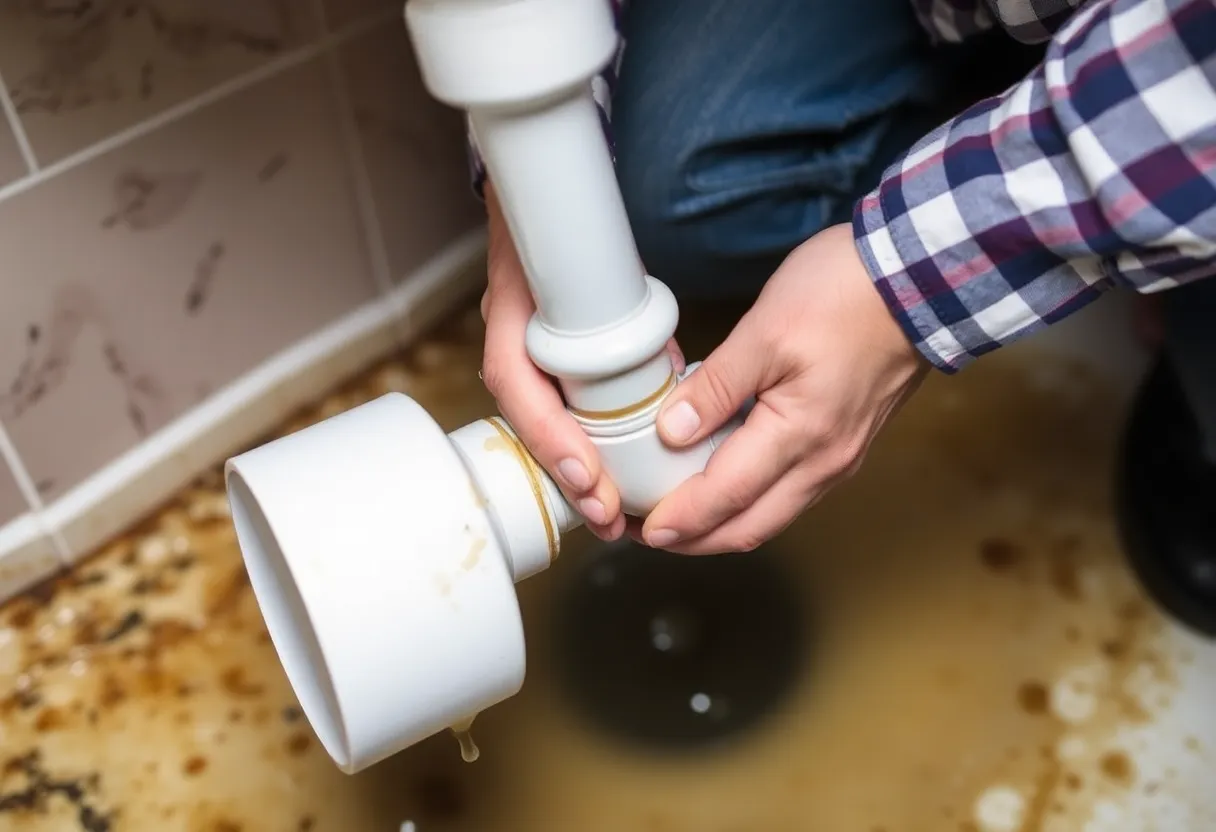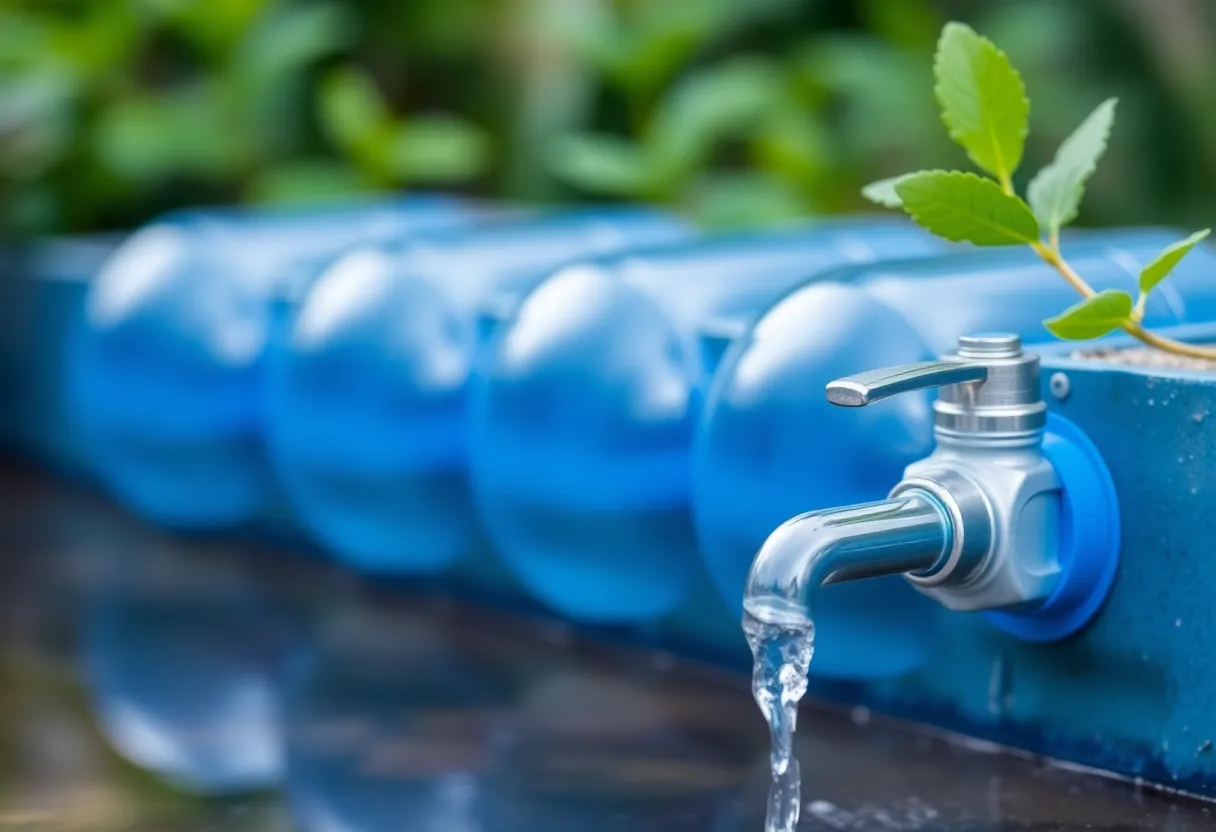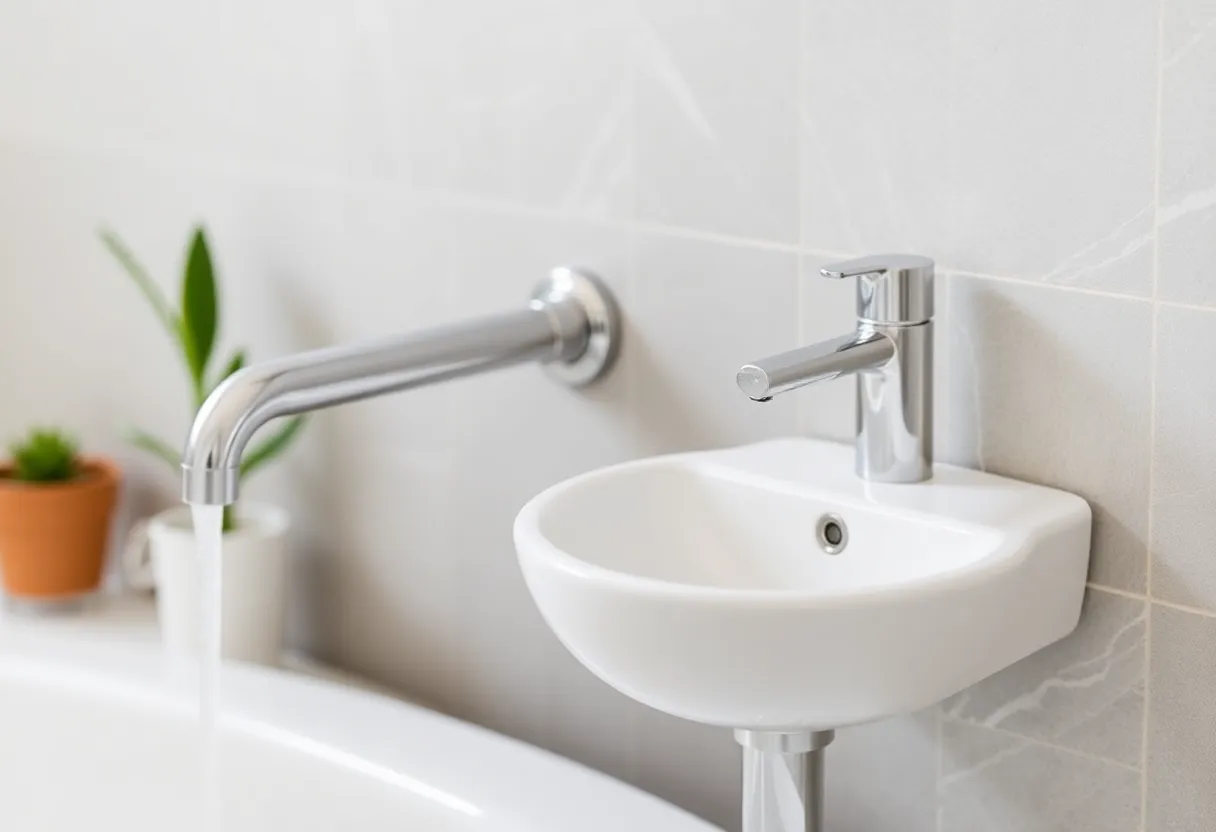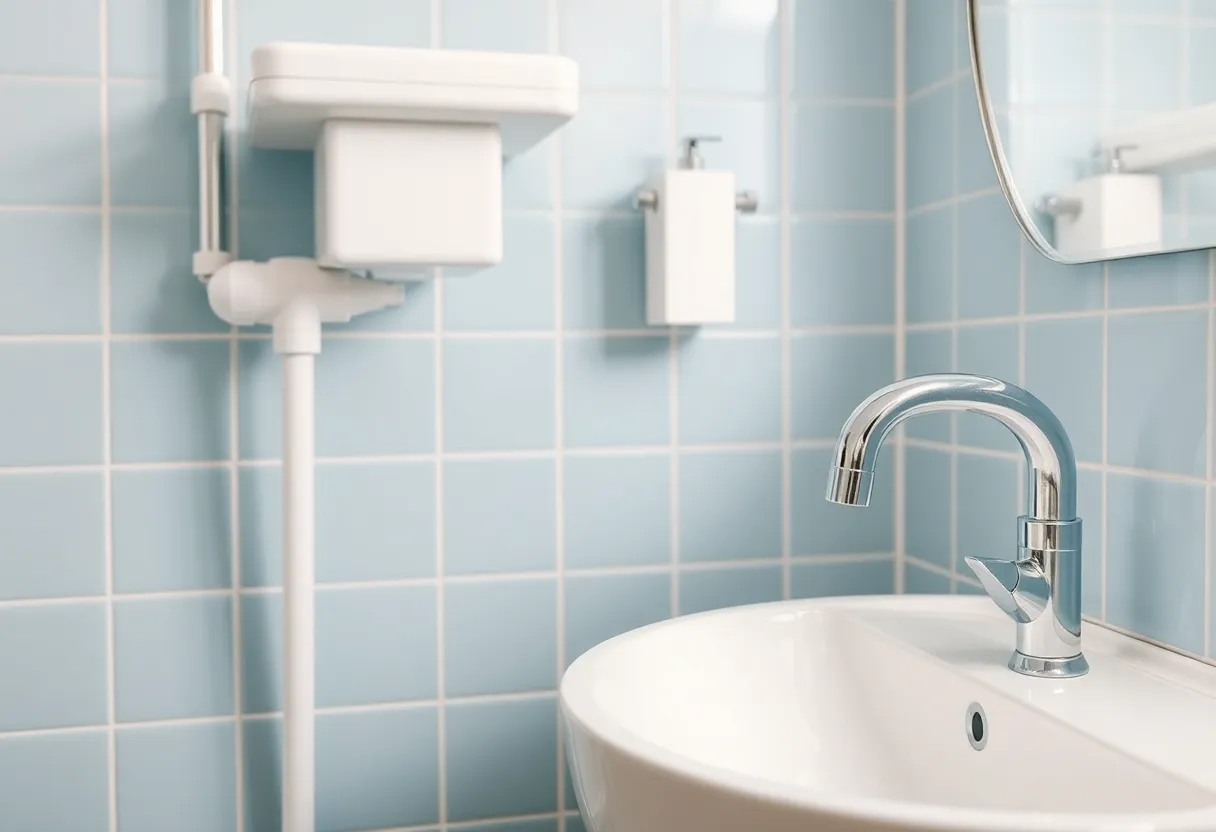Plumbing Pitfalls: 10 Surprising Household Habits That Could Be Wrecking Your Water System
Your home is your sanctuary, and it’s crucial that everything runs smoothly, especially when it comes to your plumbing system. While many people are aware of basic plumbing maintenance, _there are often unexpected habits that can cause significant damage_ over time. Below, we’ll explore ten surprising household habits that could be wrecking your water system.
1. Flushing the Wrong Items
One of the biggest myths in household plumbing is that the toilet can handle anything. _In reality, flushing items like wipes, paper towels, and feminine hygiene products_ can lead to clogged sewage systems. Many people mistakenly believe that because these items are “flushable,” they’re safe for toilets. However, they do not break down in water like toilet paper does, leading to _backups and potentially costly repairs_.
What Should Be Flushed?
The only items that should generally be flushed are human waste and toilet paper. Using a wastebasket for other items can prevent blockages and ensure your plumbing remains clear.
2. Ignoring Drippy Faucets
A dripping faucet may seem like a minor annoyance, but _it can waste gallons of water over time_ and lead to more significant plumbing issues. Drips often result from worn-out washers or O-rings. Ignoring these seemingly trivial leaks can escalate into costly repairs due to increased water utility bills and damage to your fixtures.
Taking Action
Addressing a drip promptly can save you money and prevent further complications. Keeping an eye on all faucets and regularly checking for leaks can save you potential headaches later.
3. Using Chemical Drain Cleaners
Many homeowners resort to chemical drain cleaners to address clogs swiftly. However, _these harsh chemicals can damage pipes over time_, especially older ones. They may provide a temporary solution but often lead to more significant issues, including corrosion and even pipe failure.
Safer Alternatives
Using a mixture of baking soda and vinegar can break down clogs without harming your pipes. Additionally, using a plunger or a plumber’s snake can often clear the blockage without resorting to chemicals.
4. Overlooking the Water Pressure
High water pressure may feel luxurious when taking a shower, but _it can wreak havoc on your plumbing system_. Most plumbing systems operate optimally at 40-60 psi (pounds per square inch). When water pressure exceeds this level, it increases the likelihood of leaks and pipe bursts.
Managing Water Pressure
Consider installing a pressure regulator if you suspect your water pressure is too high. Regular checks can help prevent potential damage and maintain the integrity of your plumbing system.
5. Neglecting Your Water Heater
Your water heater is a vital part of your plumbing system, but _it often gets neglected until there’s a problem_. If not adequately maintained, sediment can build up in the tank, decreasing efficiency and lifespan. Ignoring this can cause your heater to fail unexpectedly, resulting in costly repairs or replacements.
Maintenance Tips
Regularly flushing the tank and checking the anode rod can extend the life of your water heater. It’s also essential to address any signs of leaks or corrosion immediately.
6. Using Your Garbage Disposal Haphazardly
While garbage disposals are handy, _using them incorrectly can lead to clogging and damage_. Many people make the mistake of putting non-digestible items down the disposal, including oils, fibrous vegetables, and large food scraps. These materials can lead to a backup or break down the disposal unit.
Best Practices
Only put soft, small food scraps in your garbage disposal, and avoid greasy or fibrous items. Regularly running cold water when using the disposal can help in flushing food particles down the drain.
7. Allowing Tree Roots to Infiltrate
Tree roots can be surprisingly invasive when it comes to plumbing. _Roots can grow toward sewer lines, exploiting any tiny crack or leak in the pipes_, leading to significant blockages and damage. This often goes unnoticed until serious issues arise, resulting in expensive repairs.
Preventing Root Infiltration
Regular inspections of your plumbing, especially if there are nearby trees, can help catch issues early on. If you notice repeated clogs, _consulting a professional can help address root-related problems_ effectively.
8. Not Utilizing Drain Screens
Hair, soap scum, and food debris can accumulate in your drains and cause blockages. _Not using drain screens is a common oversight that leads to frequent clogs_. Over time, these clogs can become severe enough to necessitate professional intervention.
Simple Solutions
Using drain screens can catch unwanted debris before it enters the plumbing system. Regularly cleaning your screens and drains will minimize the risk of blockages and keep your plumbing flowing smoothly.
9. Overlooking Sump Pumps
If your home has a basement, a sump pump is essential for preventing flooding. _Neglecting to maintain or inspect your sump pump can lead to disaster during heavy rains_. If the pump fails, it can cause significant damage and create a dangerous situation with standing water.
Maintaining Your Sump Pump
Check your sump pump regularly to ensure it’s functioning correctly. Testing it a couple of times a year and keeping the area clean can prevent issues and ensure it works when you need it most.
10. Ignoring Seasonal Changes
Changes in seasons can impact your plumbing system in various ways. _Ignoring the need for seasonal checks can lead to problems like frozen pipes in winter or leaks due to shift in soil during summer_. Many people overlook small issues until they become major repairs.
Seasonal Maintenance Tips
Conducting seasonal plumbing checks can make a world of difference. Insulate exposed pipes in winter and check for leaks during heavy rain in spring. Such proactive measures can save you from unexpected plumbing disasters and expenses.
Conclusion
Your household habits play a significant role in maintaining the integrity of your plumbing system. By being aware of these _surprising and common pitfalls_, you can take proactive steps to protect your home’s water system. Regular maintenance, proper usage of plumbing fixtures, and prompt attention to issues can drastically reduce your risk of costly repairs and keep your plumbing running smoothly.
Frequently Asked Questions
What should I not flush down the toilet?
The only items that should generally be flushed are human waste and toilet paper. Items like wipes, paper towels, and feminine hygiene products should be disposed of in the trash.
How can I fix a dripping faucet?
Addressing a drip promptly involves checking and replacing worn-out washers or O-rings. You can also consult a plumber if you’re unsure how to proceed.
What are the risks of high water pressure?
High water pressure can cause leaks and pipe bursts, leading to significant plumbing issues. It’s advisable to install a pressure regulator if you suspect high pressure in your home.
How often should I maintain my water heater?
Regular maintenance of your water heater involves flushing the tank and checking the anode rod annually to prevent sediment build-up and extend its lifespan.
Can tree roots really damage my plumbing?
Yes, tree roots can grow toward sewer lines, exploiting cracks or leaks, leading to significant plumbing problems. Regular plumbing inspections can help identify this issue early.
What can I do to prevent clogs in my drains?
Using drain screens, being mindful of what you dispose of in your drains, and frequently cleaning them can help prevent clogs.
How often should I check my sump pump?
Regularly check your sump pump at least twice a year to ensure it’s functioning correctly and free from debris.
Why is seasonal maintenance important for plumbing?
Seasonal maintenance can prevent issues like frozen pipes in winter or leaks due to soil shifts in summer, protecting your plumbing system from unexpected failures.









